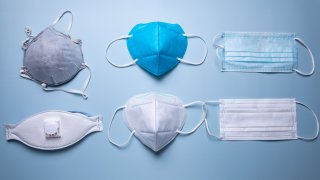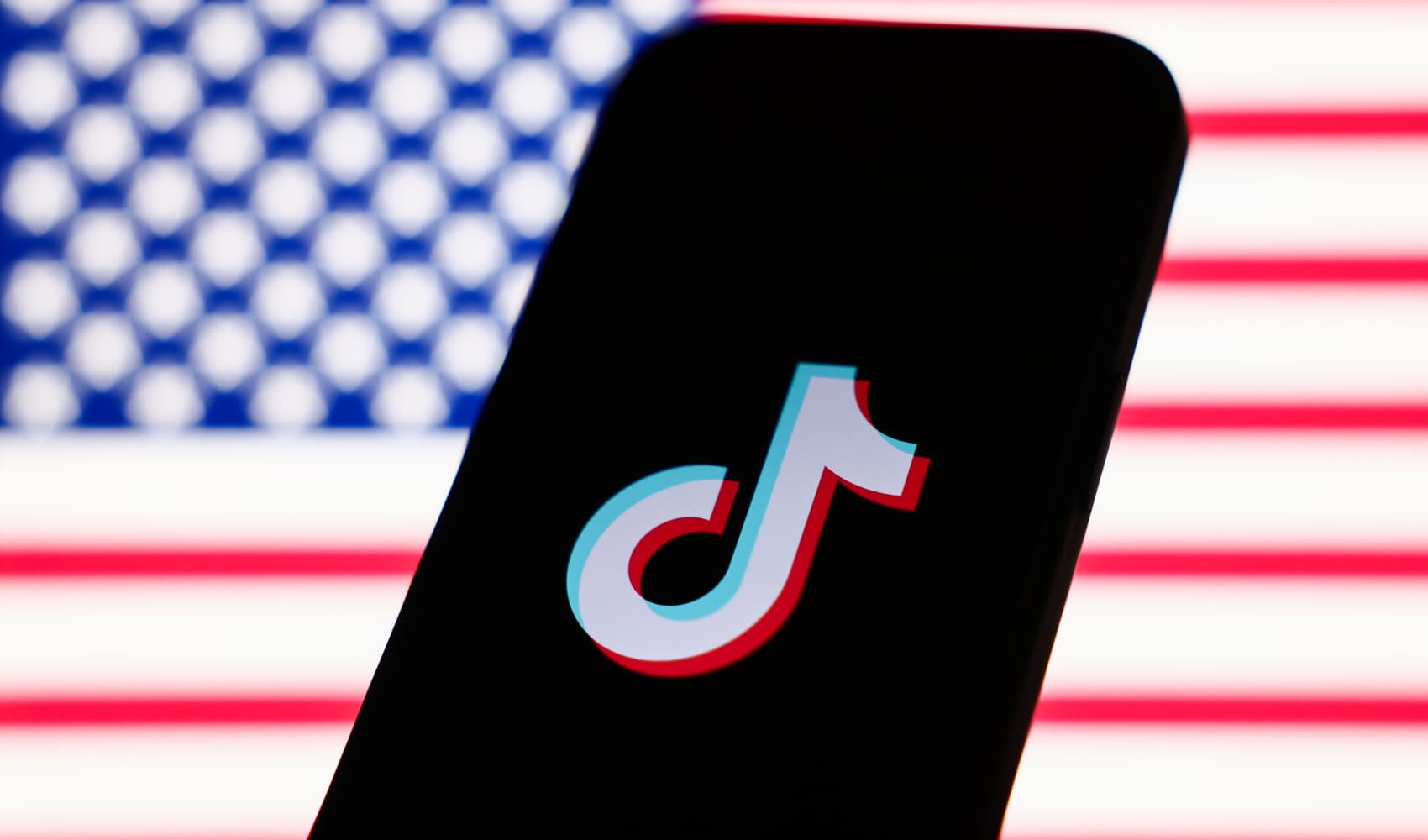
As we get deeper into fall season, experts are warning of a potential 'tripledemic' – the circulation of Covid-19, the flu and respiratory syncytial virus (RSV), all at the same time.
Infections from the new "Scrabble" variants are increasing, hospitalizations from RSV are skyrocketing at a terrifying pace, and the Centers for Disease Control and Prevention warns that there are early increases of seasonal flu activity.
"Wearing a high-quality mask…when you're indoors in public places, will certainly reduce your risk," Dr. Céline Gounder, an infectious disease specialist and epidemiologist, told CNBC Make It.
But the type of mask you use and how you wear it are also significant and can determine how protected you will be from the viruses that are spreading, says Bill Taubner, president of Bona Fide Masks Corporation.
Get top local stories in San Diego delivered to you every morning. Sign up for NBC San Diego's News Headlines newsletter.
Here's what Taubner says you should consider when masking.
The best masks for the most protection
The CDC ranks protective face masks in this order:
- Highest level of protection: N95s and other respirators approved by the National Institute for Occupational Safety and Health
- Great protection: KN95s
- Great protection: Well-fitting disposable surgical masks
- Decent protection: Layered finely woven products
- Least protection: Loosely woven cloth products
Similar to the CDC, Taubner recommends N95 and KN95 masks, especially in high-risk settings like hospitals or mass transit.
Money Report
"The KN95 and N95 [masks] have a particulate filtration efficiency of 95% or above," Taubner explains.
"Cloth masks [without filters], which don't have a minimum threshold, probably test in the neighborhood of 20% or 30%."
But it's important to keep in mind that, depending on where you purchase your KN95 and N95 masks, you could be receiving less protection than you think, he says.
"People started testing them in labs, and they found out that the vast majority of these KN95s weren't even coming close to meeting any of these standards," Taubner says.
When purchasing masks, he suggests:
- Buying from a reputable company
- Seeking out companies that are transparent about their supply chain, including listing their manufacturer
- Referring to the CDC's guidance for masks
Masking methods for the most protection
Once you have a high-quality mask, you want to also make sure that you're wearing it correctly to reduce your risk.
Taubner recommends these masking methods for optimal use:
- Avoid leakage which are open areas at the top, bottom or sides of your mask
- Make sure your hands are clean before touching your mask
- Only touch the outside of your mask
- If applicable, push the metal nose piece down for a snug fit
Here's when to keep and when to toss your mask
Taubner also advises against using the same mask two days in a row.
The CDC reports that "data from surface survival studies indicate that a 99% reduction in infectious SARS-CoV-2 and other coronaviruses can be expected under typical indoor environmental conditions within 3 days."
After one use, you should store a KN95 mask in a paper or plastic bag, note the date, and reuse it after at least four days have passed, says Taubner.
When in doubt, you should look to the manufacturer's specific recommendations for the product.
But if you've visited a high-risk area, it's probably best to toss your mask after one use, he notes.
And if your mask ever becomes difficult to breathe in after multiple uses, you should throw it away as well.
N95 masks are technically single-use products, says Taubner, but the CDC offers guidance on the best way to reuse them when they're in short supply.
Another important reminder is that certain masks, including KN95 and N95, lose their efficiency when they've been washed, he adds.
"Let's put it this way, a cloth mask is better than no mask. A three-ply mask is better than a cloth mask. An N95 and a KN95 would be better than the other masks," Taubner says.
"Some just may not give you as much protection as you'd like. But in some cases, there's no choice."
Want to earn more and work less? Register for the free CNBC Make It: Your Money virtual event on Dec. 13 at 12 p.m. ET to learn from money masters like Kevin O'Leary how you can increase your earning power.
Sign up now: Get smarter about your money and career with our weekly newsletter






